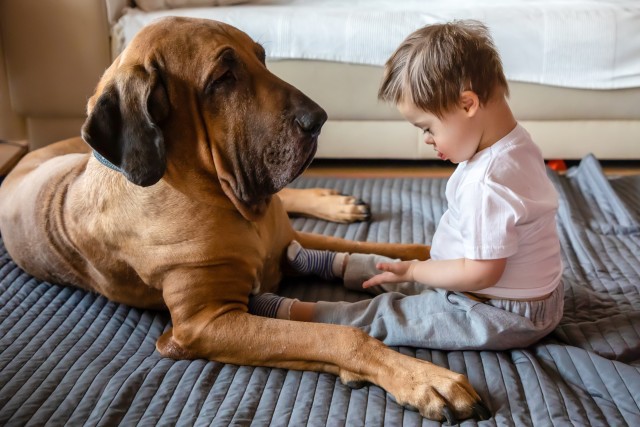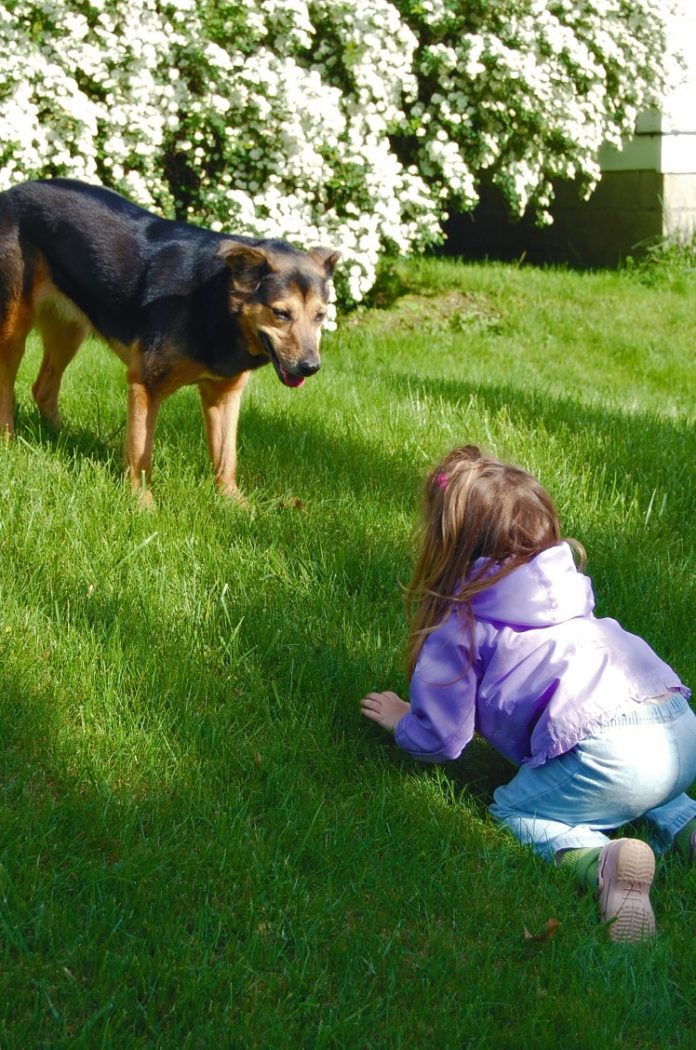A study conducted found that the presence of pets in the family provides a variety of benefits to children and kids better with pets. Pets provide children with companionship, affection, responsibility, social interactions, development opportunities for independence, and the ability to express emotions. However, there are also some potential difficulties related to pets. Pets can teach unhelpful behaviors, such as inappropriate elimination or aggression. The American Society for the Prevention of Cruelty to Animals (ASPCA) advises parents to keep their pet’s behavior under control before introducing it to their child. Evaluating the pros and cons helps make an informed decision about whether or not your child should have a pet in his or her life.
Kids better with pets
Like adults, children also reap many benefits from having a pet. Children who grow up in a household that owns a pet grow up more secure, active, and empathetic. According to research, parents who own a pet can raise emotionally intelligent children as compared to those parents who don’t have pets. Here are a few more reasons why you should bring a pet home for your child.
Feeding and caring for a pet teaches responsibility to the kids. Having a loyal and loving pet can make a child feel important and help them develop a positive image. Children get emotionally attached to their pets, which helps them to build better relationships in the future. Pets can help calm down aggressive and hyperactive children.
Kids with pets get to go out more often daily (for walks, runs). This ultimately renders many health benefits and keeps children fit.
Pets teach important life lessons to kids, including reproduction, birth, illnesses, accidents, death, and bereavement. Having a pet at home can help children cope with separation anxiety, especially in the case of working parents.
Pets can benefit children with learning disabilities in learning how to manage tension and calm down, allowing them to better cope with the challenges of their disorder. Kids with autism or other cognitive disabilities can do better off with pets as they communicate with non-verbal cues. According to research, children whose mothers spent time around dogs during pregnancy are at a lower risk of developing eczema.
Social Skills
Pets can help children develop social skills. Pets provide children with companionship, which can help them to develop social skills. Children who have pets are more likely to engage in social activities, such as playing with other children. Pets can also help shy children become more outgoing. Children with pets display improved impulse control, social skills and self-esteem. Sharing the love and care of a family pet forges an additional common bond among siblings. Cuddling a pet reduces stress, loneliness and anxiety.
Pet Owning Kids
It is no secret that kids who own pets tend to have better social skills. Pets provide children with companionship, which can help them to develop social skills. Children who have pets are more likely to engage in social activities, such as playing with other children. Pets can also help shy children become more outgoing. Cuddling a pet reduces stress, loneliness and anxiety.

There are a number of benefits that pet-owning kids enjoy. Pets provide children with companionship, affection, responsibility, social interactions, development opportunities for independence, and the ability to express emotions. However, there are also some potential difficulties related to pets. Parents should be aware of the potential difficulties and be prepared to help their children deal with them.
Developmentally Challenged Kids
Children with developmental challenges can also reap the benefits of owning a pet. Pets provide children with companionship, affection, responsibility, social interactions, development opportunities for independence, and the ability to express emotions. Pets can help children with developmental challenges to learn how to interact with others, teaching them important social skills. Pets can also help children to learn how to care for another living creature, providing them with a sense of responsibility. Cuddling a pet can also help to reduce stress and anxiety in children with developmental challenges.
Looking after a pet also helps children to develop empathy for others. 3. Helps with learning Pets can help children with their learning. Educators have long used animals (mainly dogs) as a form of therapy in schools, using them to help developmentally challenged kids to learn express emotions and interact with others. Often, these same children have trouble paying attention in class or sitting still for long periods of time. But when a dog is present, they are more likely to be engaged and focused.
Child Development
Pets can teach children important life skills. Pets can help children learn about reproduction, birth, illnesses, accidents, death, and bereavement. Pets can also help children learn social skills and how to calm down. Owning a pet can also help children who have developmental challenges. Pets provide children with companionship, affection, responsibility, social interactions, development opportunities for independence, and the ability to express emotions. Pets can help children with developmental challenges to learn how to interact with others, teaching them important social skills. Pets can also help children to learn how to care for another living creature, providing them with a sense of responsibility.
It may come as no surprise that having a family dog can benefit your child’s emotional intelligence. A collection of scientific studies outlined says that “The Role of Pets in Enhancing Human Well-being: Effects on Child Development, along with other research, shows that pets can have a positive effect on your child’s health, too”.
Immune System
Kids who own pets have better immune systems. Pets provide children with companionship, which can help them to develop their immune systems. Pets can also help children to learn how to interact with others, teaching them important social skills. Cuddling a pet reduces stress and anxiety.
Research carried out by health psychologist Animal Health tested the saliva of 138 children aged between four and 11-years-old for IgA antibodies- an antibody found in the immune system that helps fight off infection. Results showed that pet-owning children were able to fend off infection such as colds and flu better than those children without pets, thus having less days off school.
